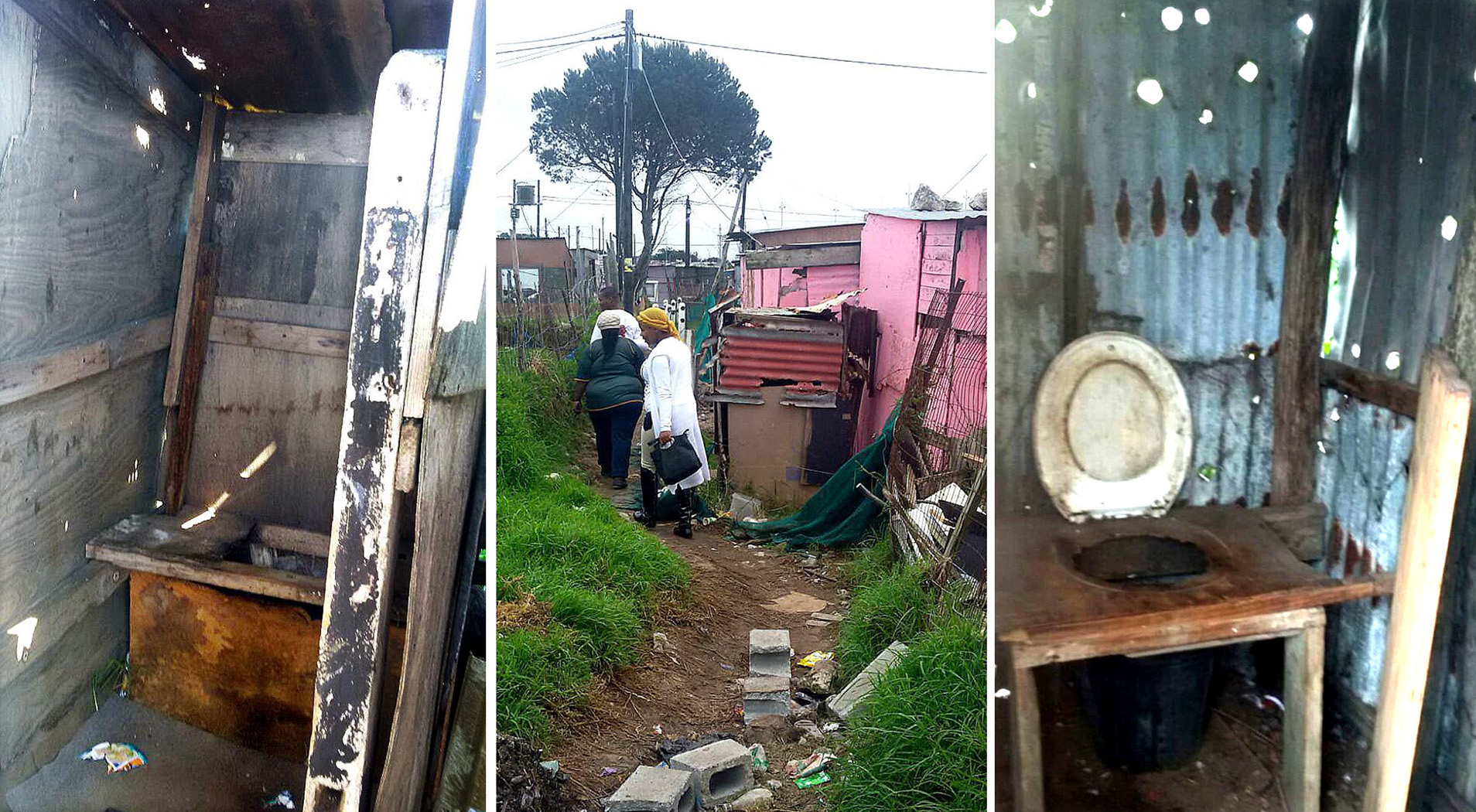A woman from Nelson Mandela Bay has been placed in isolation at Livingstone Hospital pending the results of a cholera test after her case was flagged by clinicians on Wednesday, 6 December.
Eastern Cape Health Department spokesperson Sizwe Kupelo said it appeared to be an isolated case, but outbreak teams were conducting contact tracing as the woman had attended a funeral before falling ill.
Kupelo said outbreak response and health promotion teams had been sent to the area as a precautionary measure.
“The 47-year-old female patient from Walmer has since been admitted in isolation on contact precaution at Livingstone Hospital, pending the toxigenicity results from the National Institute for Communicable Diseases.”
By Thursday afternoon, doctors at Livingstone Hospital had not yet received the results.
“Health environmental services have already taken samples from wastewater treatment sources for laboratory testing, and results came back negative for cholera,” Kupelo said.
“The department wishes to emphasise that no other case or sickness has been reported from the area.
“Members of the public are urged to practise good hygiene, washing hands with soap and safe water. They must be sure of drinking clean and safe water.”
Read more in Daily Maverick: Cholera — examining the horrific consequences of government’s own contaminated policy choices
Symptoms of cholera include watery diarrhoea, nausea, vomiting and dehydration. If left untreated, it can lead to death. It can spread through contaminated food and water.
“Health teams will now engage in public awareness using community radio stations and also with the municipality,” Kupelo said.
In Walmer Township, where the patient is from, the bucket system is still in place in a few areas, as is the use of discarded decades-old chemical toilets, and even new chemical toilets are not always emptied on time.
Nelson Mandela Bay Executive Mayor Gary van Niekerk said the metro’s Public Health Directorate was working closely with the Department of Health on their communicable disease response strategy. He said all possible sources of contamination would be investigated.
“We advise the public to follow the prescribed health protocols. Our water resources were tested, with the negative results indicating that this waterborne disease was not contracted through our water reticulation system. Work will continue to identify the source…”
Improved sanitation
According to the metro’s Integrated Development Policy report, Nelson Mandela Bay has the highest household access to improved sanitation of all metros in the country (99.9%).
Improved sanitation is defined as flush toilets connected to a public sewerage system, a septic tank, or a pit toilet with a ventilation pipe. However, some of the ablution facilities in Walmer Township are in terrible condition, and there are still 5,800 bucket toilets in the metro.
 A toilet in Nelson Mandela Bay’s Walmer Township, Eastern Cape. (Photo: Supplied)
A toilet in Nelson Mandela Bay’s Walmer Township, Eastern Cape. (Photo: Supplied)
The newly released Green Drop report has flagged many parts of the metro’s sewerage system as medium to high risk with only one, at Despatch, being rated as low risk.
All wastewater treatment works in the metro, according to the Green Drop report, were operating below design capacity. The overall effluent quality compliance is poor.
Cholera outbreaks are associated with poor water, sanitation and hygiene infrastructures. It spreads primarily through water contaminated with human faeces or contaminated food.
A person who has ingested cholera-contaminated water or food can become ill after an hour to five days, with symptoms usually starting within two to three days.
In June 2023, the Nelson Mandela Bay metro introduced a hi-tech system to detect the presence of the bacteria that causes cholera in its wastewater system.
Read more in Daily Maverick: Nelson Mandela Bay uses innovative technology to detect a potential cholera outbreak
At the time, metro officials said the metro was at “extremely high risk” due to its failing sewerage system, recent flooding, frequent water outages, infrastructure damage, vandalism to sewerage works and (at the time) an ongoing drought that led to low water levels in reservoirs and dams. DM





